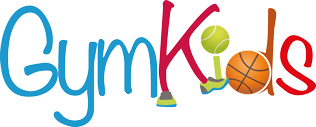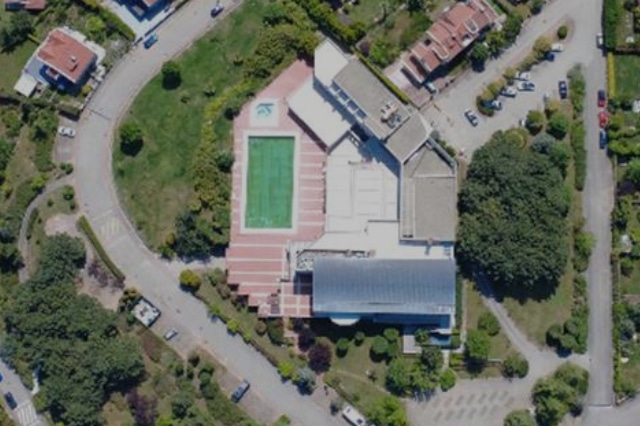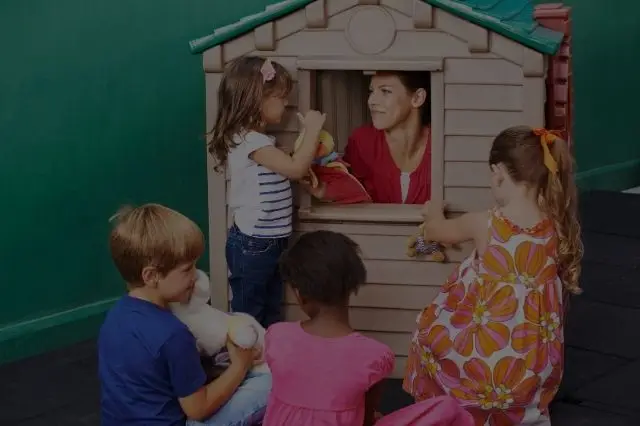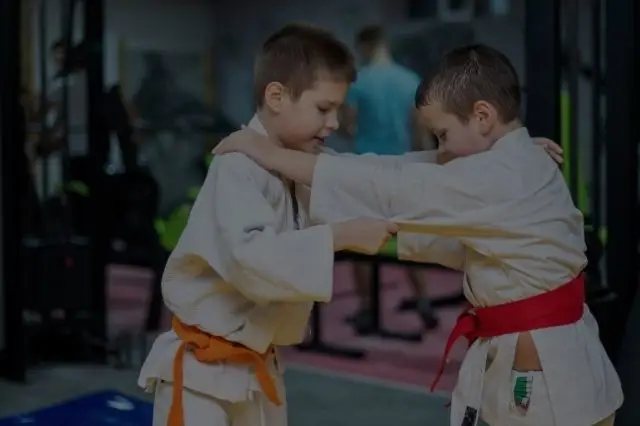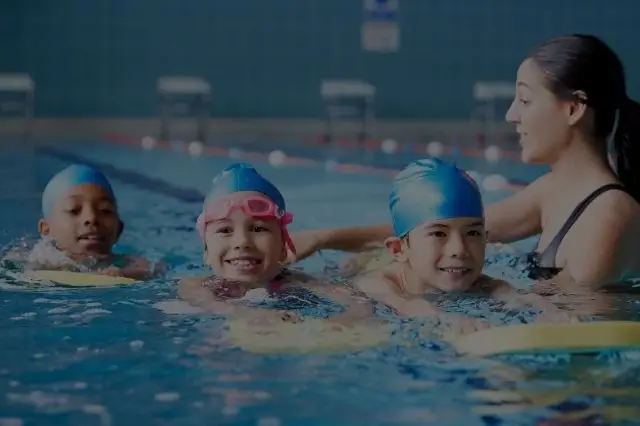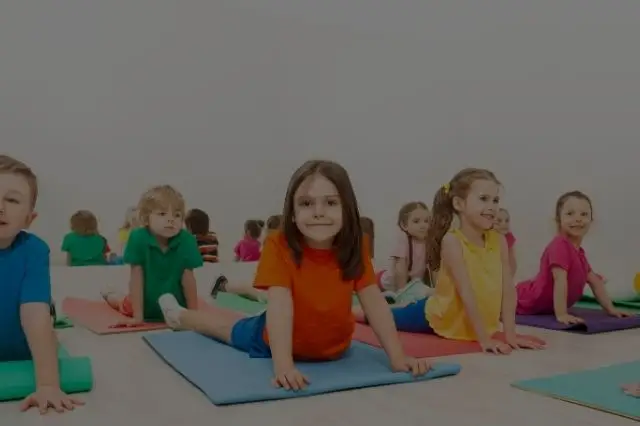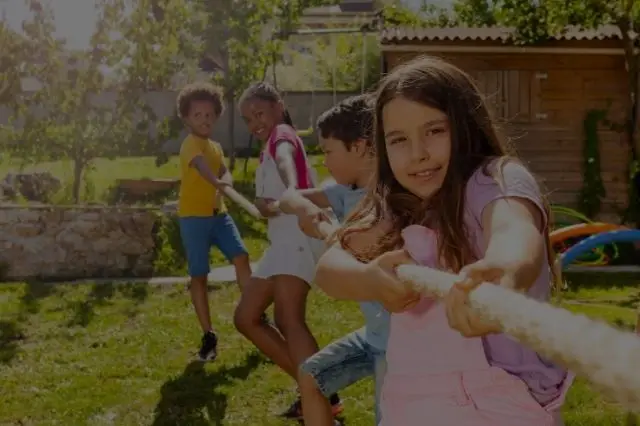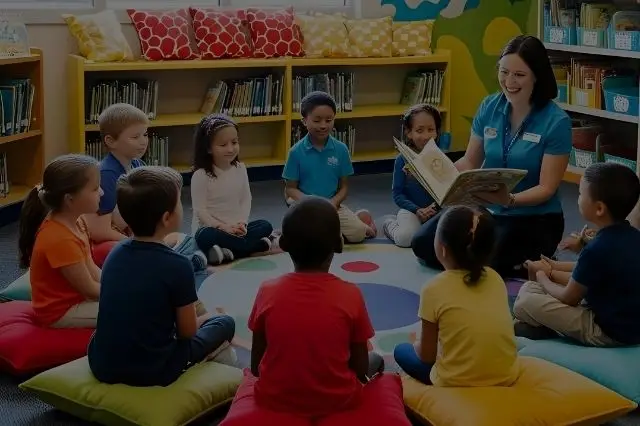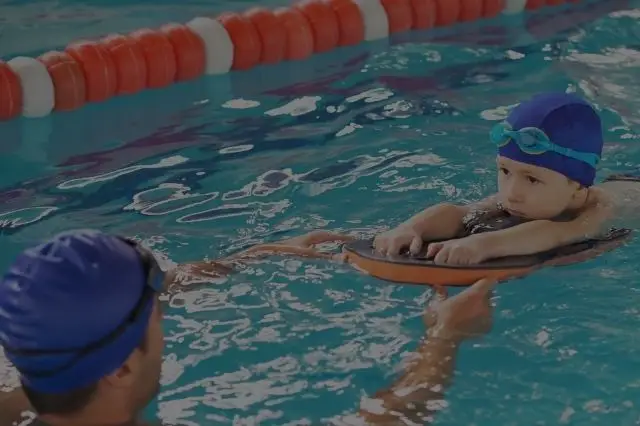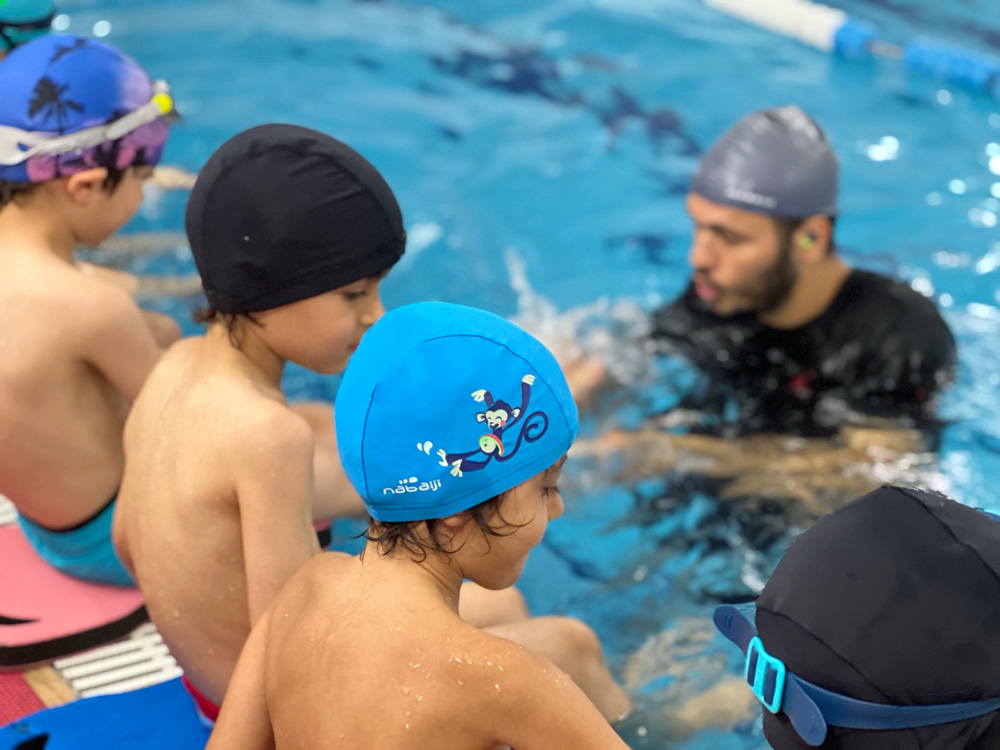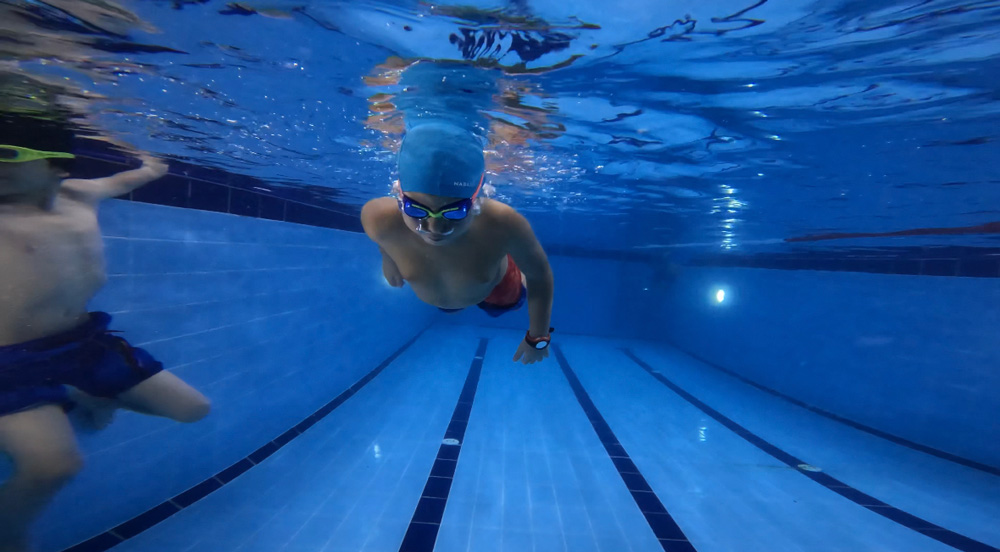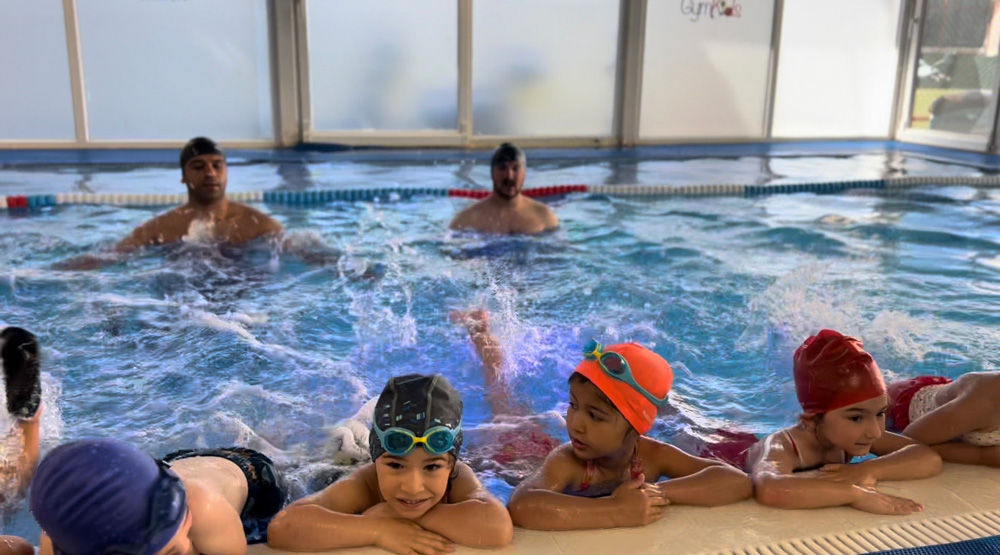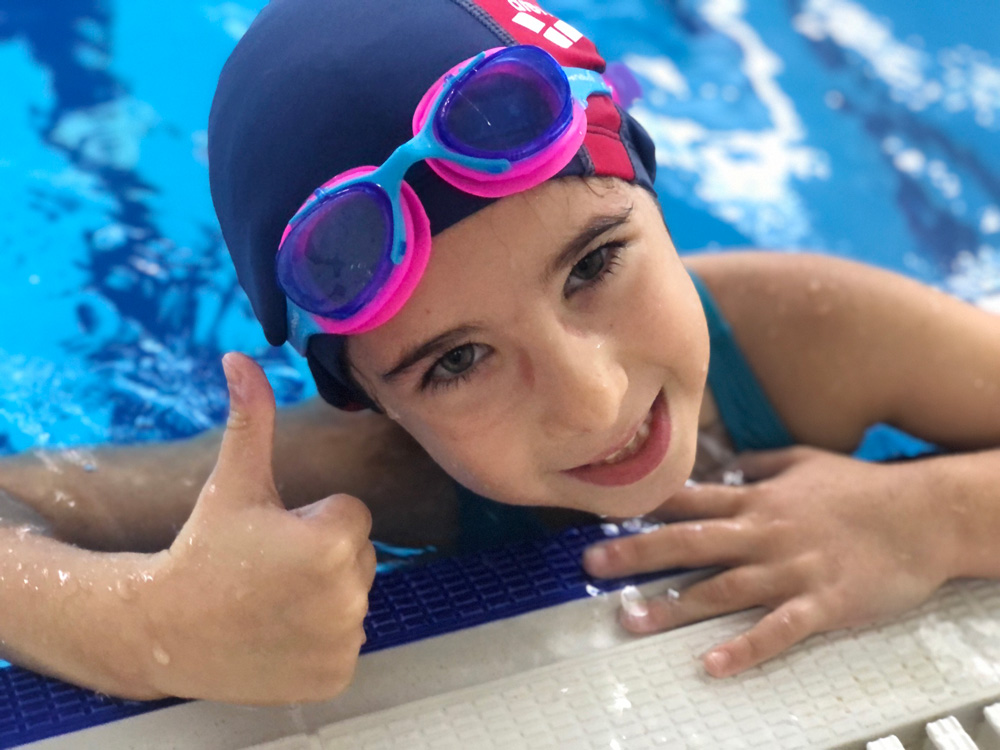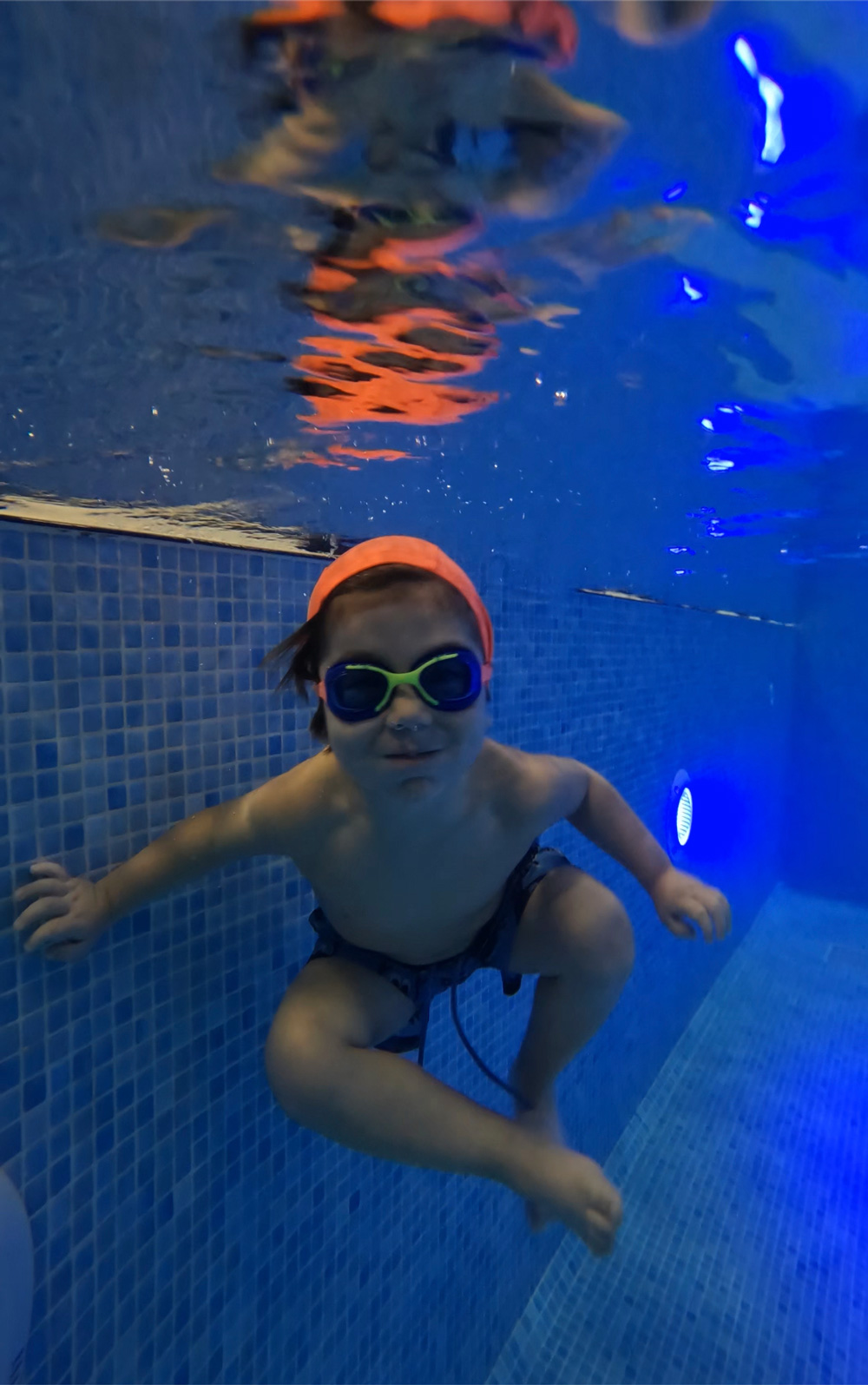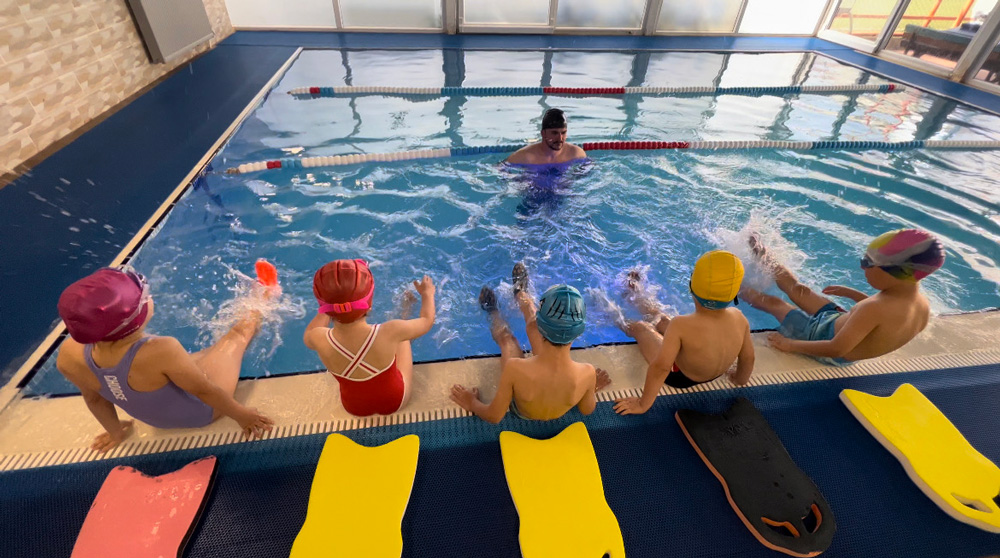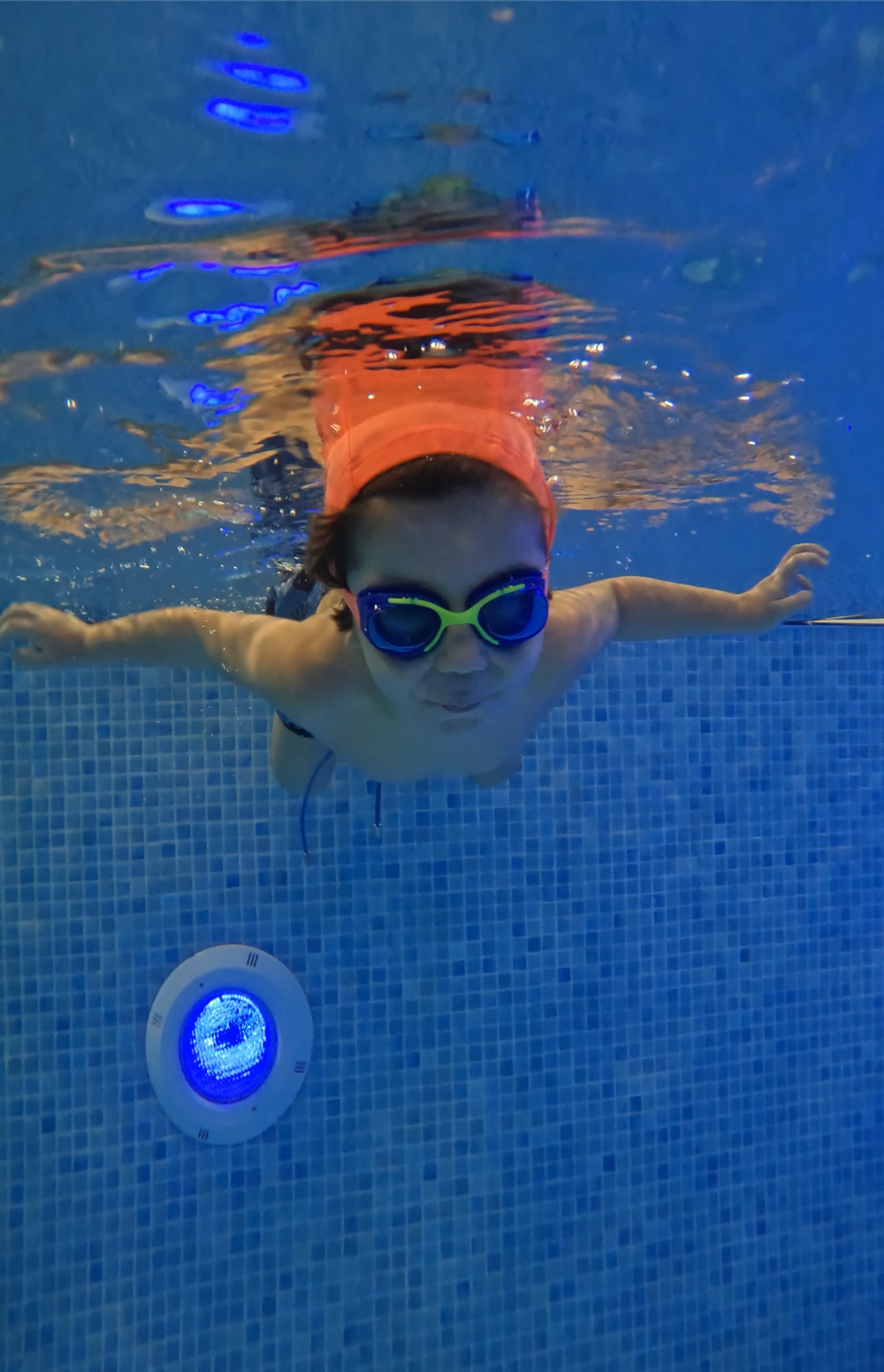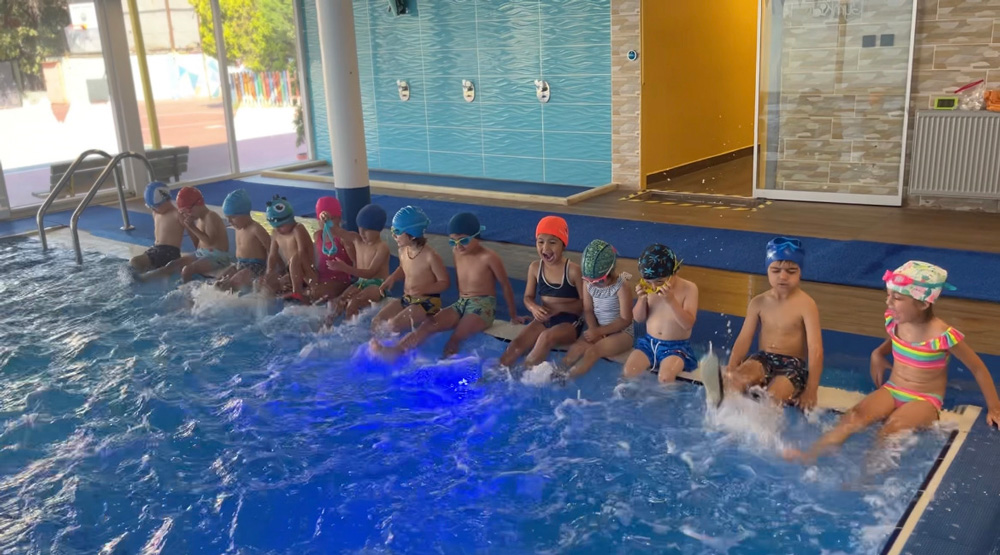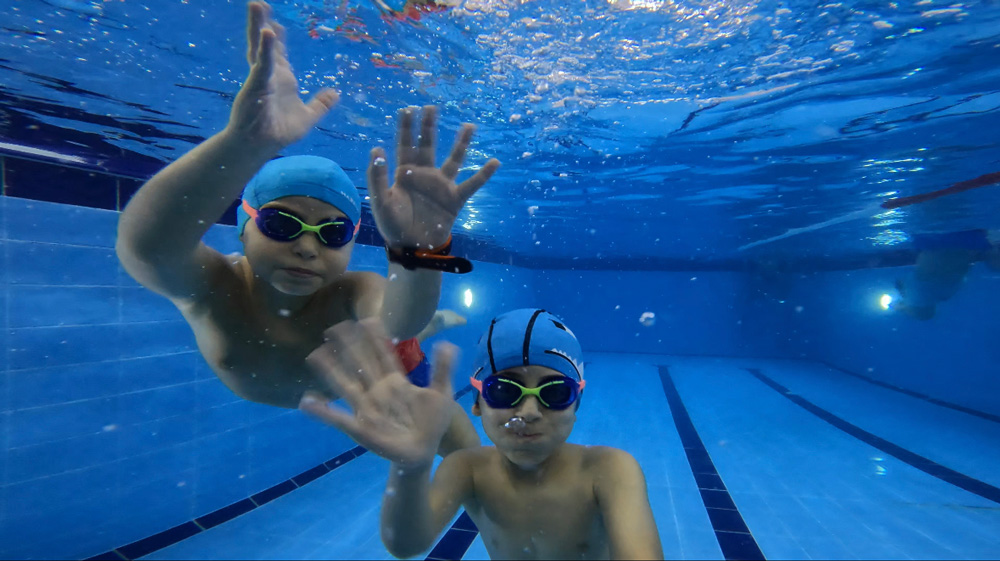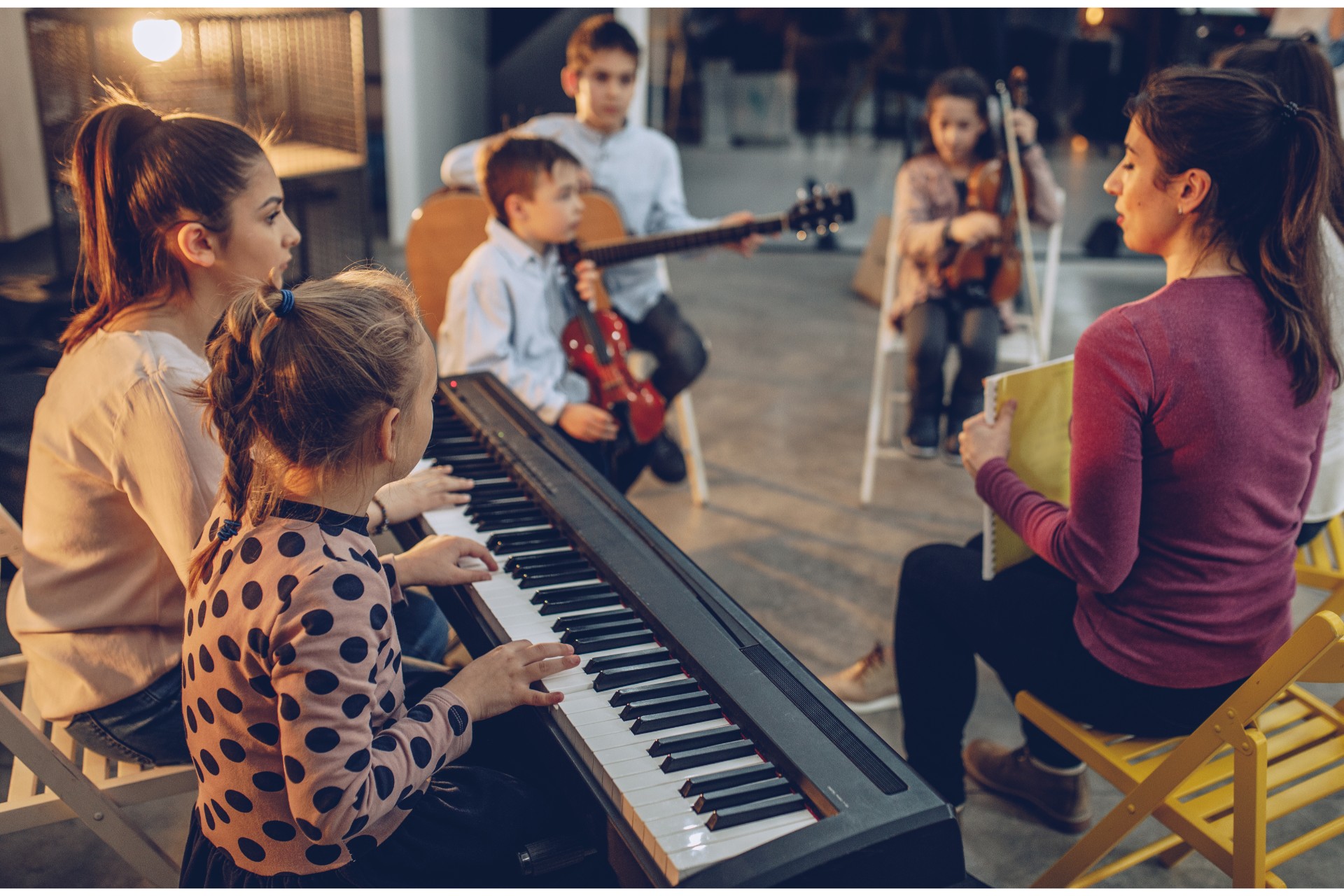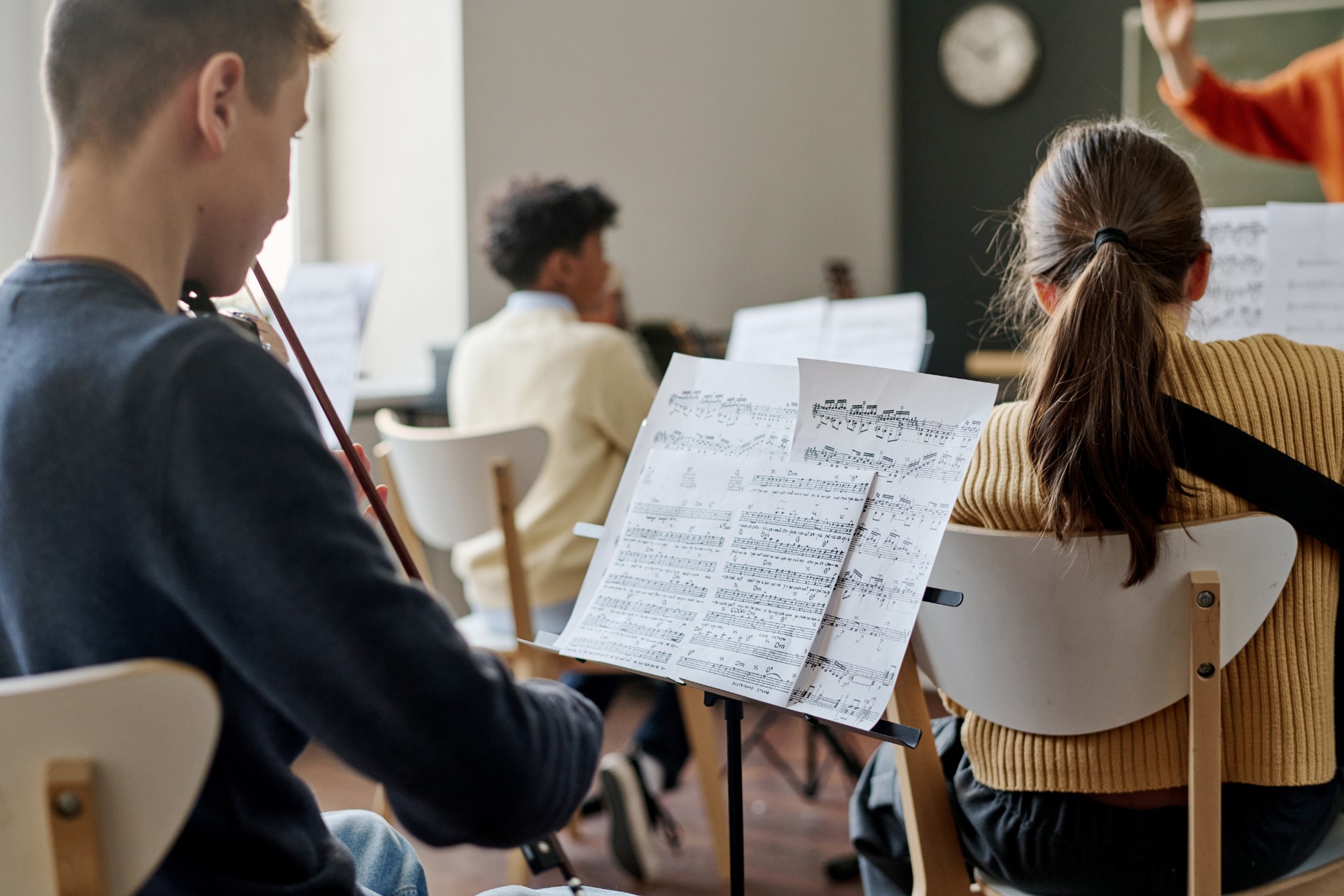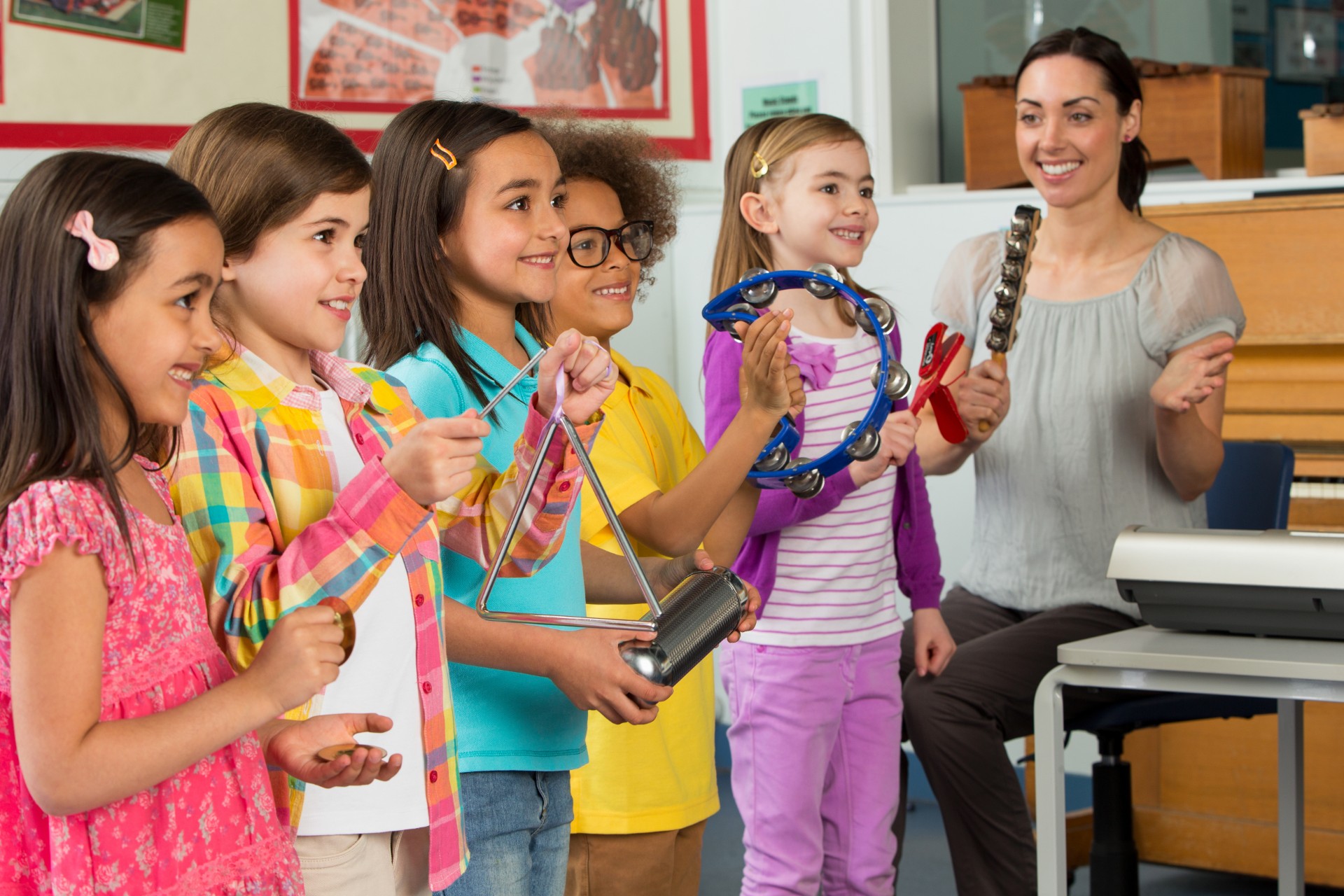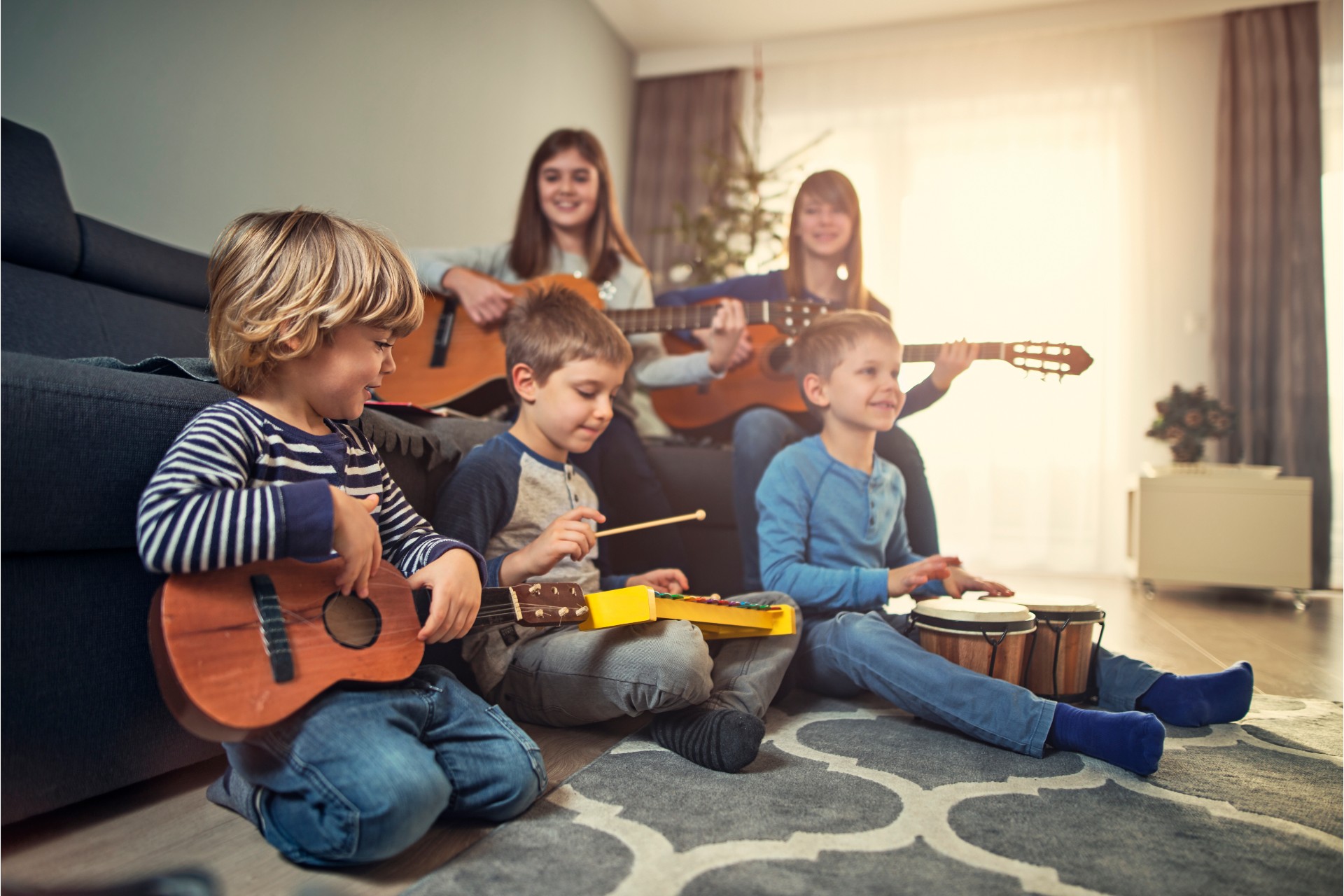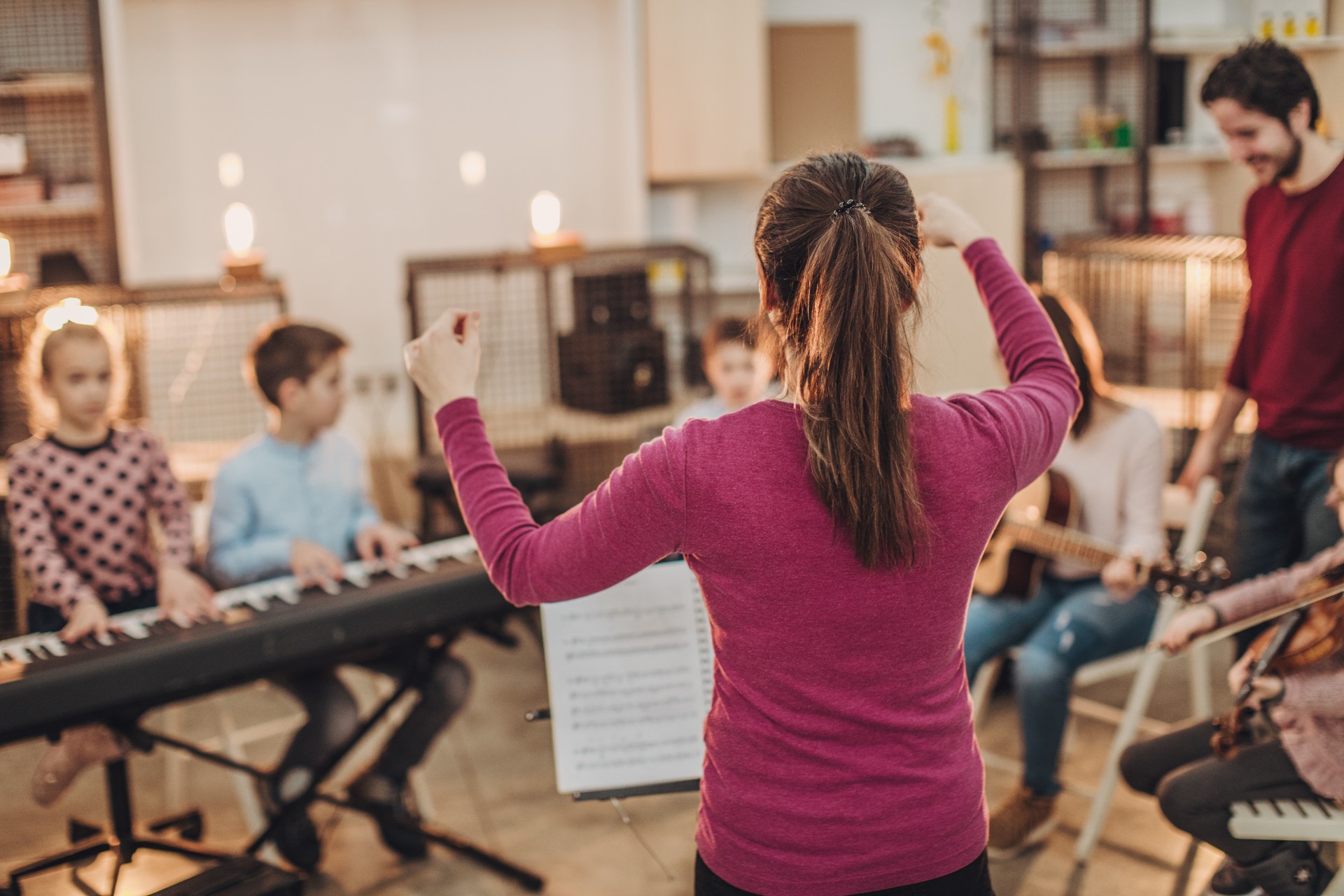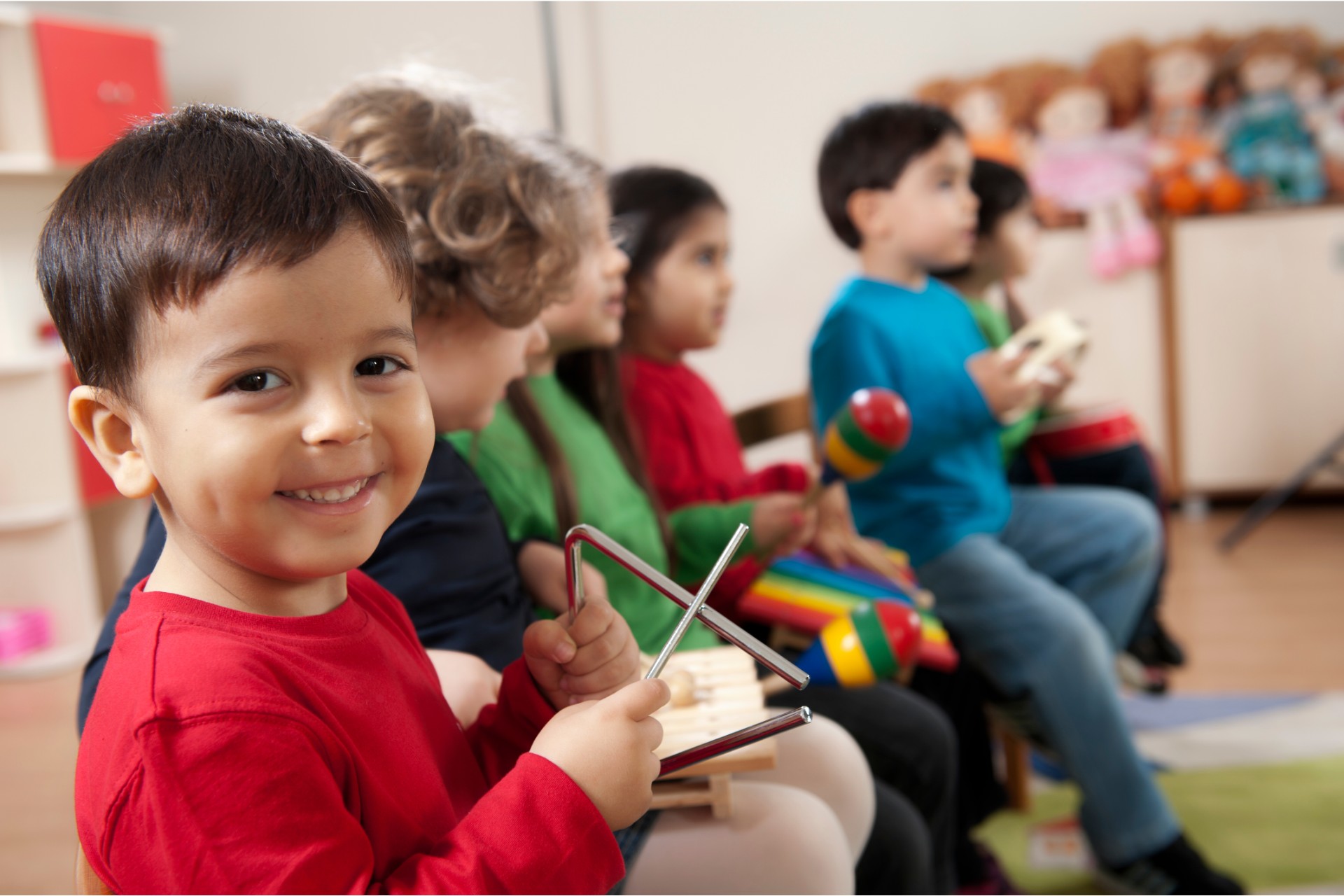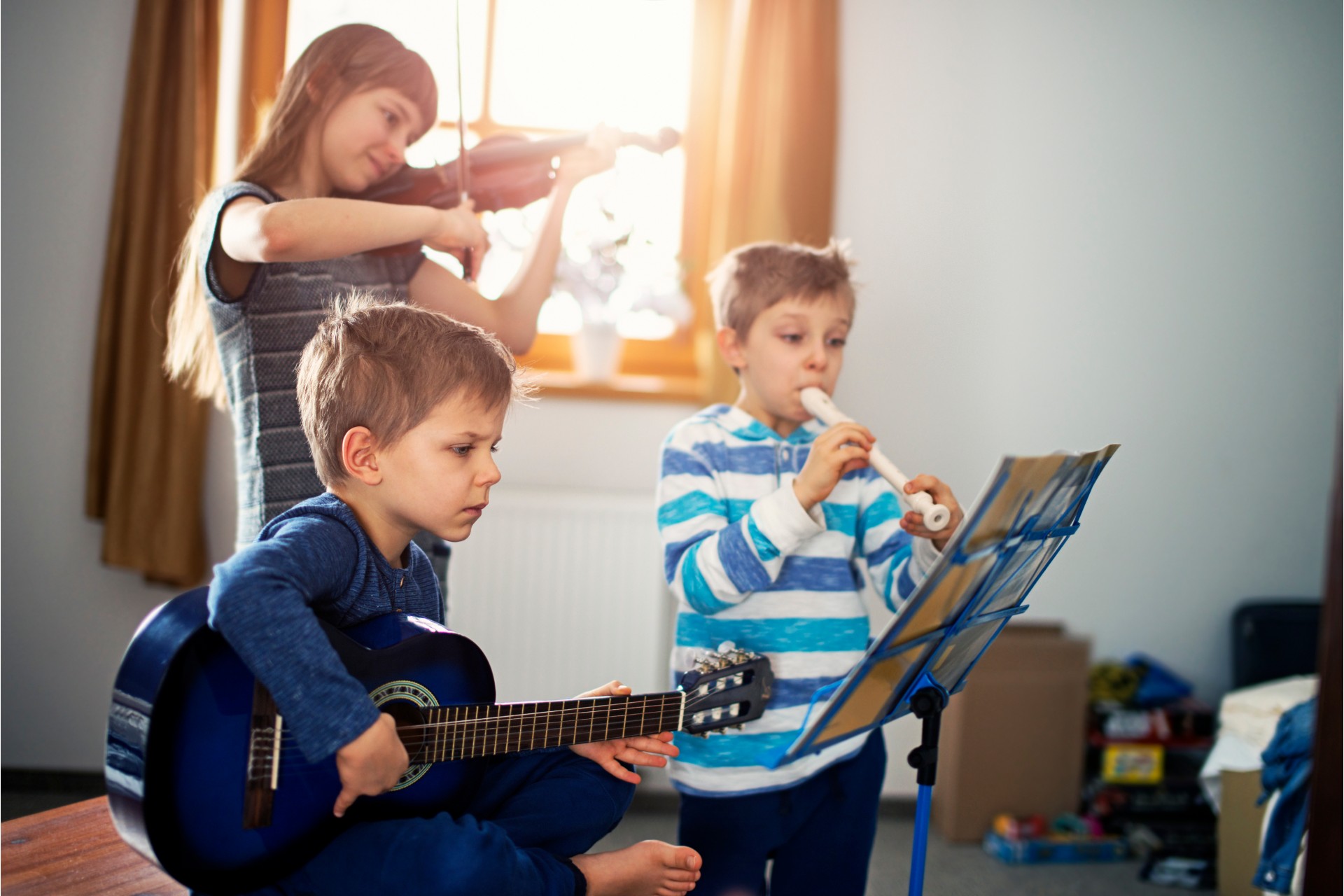Musical skills are undoubtedly important for a kid in terms of encouraging personal development and creativity. This should be provided through music courses. Getting to know music with professional courses are pretty effective in introducing children to different instruments. For example, piano courses for kids do not only include music education. They also support disciplined work and physical development.
The music courses we organize at GymKids for children include piano, violin, guitar, bass guitar, drums, and rhythm training for elementary, middle, and high school students. Children who receive music education in these courses develop their imagination and self-confidence. With the music education provided at GymKids, children are prepared for the future as strong, well-equipped, and creative individuals.
Table of Contents
Music Course for Kids: Art and Entertainment Together
Music is one of the powerful tools that supports children’s spiritual and mental development. Music, which supports the development of a sense of rhythm, creates opportunities for children to discover their creativity. The music course for children offers a pleasant learning environment for young musicians.
At this point, before asking “How do you teach a child to play the piano?”, we can look at the effects of music on child development.
The Effects of Music on Child Development
Music courses for children do more than just support children in producing good works. The effects of music on child development are as follows:
- Music helps children express their emotions and develop empathy skills.
- Reading notes, keeping rhythm, and learning melodies develop skills such as memory, attention, and problem solving.
- Playing an instrument strengthens hand-eye coordination and motor skills control.
- Stage experiences or opportunities to share what they have learned increase children's self-confidence.
Music offers children a world of development and empowerment. It also helps them become successful individuals in both their social and educational lives.
The Importance of Music Education at an Early Age (3-7 Years)
Singing or rhythm exercises carried out as part of children's music courses support children's vocabulary and pronunciation. Being introduced to music at an early age enables the parts of the brain related to learning and memory to function more effectively. Children who participate in group lessons can learn social rules such as cooperation, sharing, and waiting their turn. Music courses, which enable children to learn different types of music or different instruments, enrich their imagination.
OUR COURSES
Swimming
Gymnastics
Judo
Creative Drama
Summer Sports Camp
Semester Sports Camp
Music Classes for Kids in Istanbul
Every parent wants their kids to discover their talents, build confidence, and have a fun learning experience with music. GymKids' music classes for kids in Istanbul offer an experience that's both fun and artistic. GymKids' music course for children is an ideal starting point for young musicians with its strong teaching staff, small class sizes, and child-centered curriculum.
Class Options Suitable for Ages 3, 4, 5, 6, and 7
Each age group has a different development process and learning capacity. For example, a 3-year-old child receives education tailored to their needs in a music course, but 7-year-old children learn different things in music courses. At GymKids, children receive education appropriate to their level with music courses specially designed for the 3, 4, 5, 6, and 7 age groups.
All instructors at GymKids are graduated from various faculties of fine arts, have pedagogical training, and are experts in their field. Our intructor staff, who are patient, inspiring, and able to communicate effectively with children, focus on bringing out the potential of each student.
Classes are held on weekends in groups of up to 4 students. This ensures that each child receives individual attention, is closely monitored by the teacher, and accelerates the learning process. The small group environment strengthens both the students' self-confidence and their love of music.
Ministry of National Education Approved Educational Content
The music course for children organized at GymKids is conducted in accordance with the curriculum approved by the Ministry of National Education. In other words, music education supports both the academic and artistic development of children. The unique aspects of our education system are as follows:
- After being evaluated, students are placed in classes appropriate to their level.
- A personalized report is prepared for each student every three months and shared with their parents.
- Special guidance is provided to children based on their interests and potential.
- In small classes, teachers closely monitor each student.
Finally, at the end of the year, students have the opportunity to proudly showcase what they have learned throughout the year on stage.
Articles About
Swimming
Piano Course for Kids
The piano is one of the most effective instruments for supporting children both mentally and emotionally. With piano education, every child learns to recognize notes while also developing discipline, focus, and expression skills.
Musical Talent Development with the Piano
Children's piano courses develop children's rhythm, note reading, and hand-eye coordination at the same time. Children not only develop their musical ear, but also reveal their creativity. Music courses organized specifically for children on the piano are also of critical importance in terms of training future musicians.
How to Teach Piano to Children?
First, a curriculum appropriate for the child's age or level must be determined. For example, the curricula for 3-year-old piano courses and 5-year-old piano courses may be completely different. In addition, making the lessons game-based, fun, and teaching with step-by-step techniques makes the learning process much more pleasant.
Piano Education from 3 to 7
The earlier music education begins for children, the higher the likelihood of them developing a natural connection with music. For example, while basic note -learning is taught at an early age, 6-year-old piano courses allow for faster development with simple melodies. 7-year-old piano courses, on the other hand, enable children to transition to much more advanced techniques. The piano is considered one of the most ideal instruments for children to learn notes and transition to different instruments.
Violin Lessons for Kids
The violin, which requires disciplined practice, is one of the most effective instruments for musical development. When violin lessons for kids are continued regularly, not only do their musical skills improve, but their attention, patience, and self-confidence also strengthen. This situation, which occurs in music courses for kids, is also important for their personal development.
The Contribution of the Violin to Kids' Hand and Coordination Skills
As in piano education for kids, playing the violin is one of the activities that requires both hands to perform different tasks simultaneously. This activity strengthens the finger muscles and improves hand-eye coordination. At the same time, motor skills also gain sensitivity.
Music education for young children can begin with the violin. This is because using a bow increases wrist flexibility, while practicing correct posture and position increases body awareness. In this way, children experience a balanced physical and mental development process.
First Violin Lesson Experience and Program Content
Violin lessons work similarly to children's piano lessons. The content and process of the program are generally as follows:
- In the first lesson, students learn to hold the instrument correctly by getting to know the violin and the bow.
- Lessons progress gradually according to age and level. At the beginning, the basics are laid with open string exercises and simple rhythm exercises.
- Note reading, finger positions, and short melodies are practiced.
Just like at the end of piano lessons for children, children reach a level where they can play pieces appropriate for their level independently and perform on stage at the end-of-year recital.
Guitar Lessons for Kids
Guitar lessons for children provide training on both acoustic and classical guitars. The details are as follows:
Differences Between Classical and Acoustic Guitars
When it comes to guitar lessons for children, the main differences between classical and acoustic guitars are as follows:
- Classical guitars usually have nylon strings, while acoustic guitars have steel strings.
- Nylon strings are softer on children's fingers. Steel strings are harder and may be difficult at first.
- Classical guitars have a wider neck, which can make finger placement more difficult for children. The narrow necks of acoustic guitars are more comfortable for children's smaller hands.
Classical guitars used in children's guitar lessons can provide discipline in terms of both technique and proper finger placement. Acoustic guitars, on the other hand, can facilitate faster melodic or rhythmic progress.
Guitar Courses for Kids Based on Their Age
The ideal time to start guitar lessons is when kids are 5 or 6 years old, since they can easily hold small guitars at that age. Music lessons at GymKids start with nylon or light steel strings. At first, kids learn simple melodies or rhythms instead of chords. This makes the lessons both fun and effective.
Drum Lessons for Kids
At its core, the drum set develops rhythm and coordination. Music lessons for children that focus on the drum set support young musicians' attention spans, motor skills, and social skills.
Fun Lessons That Develop a Sense of Rhythm
Drum lessons for children require them to use their hands and feet simultaneously. This supports mental development, focus, emotional expression, stress management, and other skills. Playing drums together in a children's drum course enhances social communication, cooperation, and empathy skills. Game-based interactions enable children to experiment and reveal their creative side.
Equipment Used in Children's Drum Courses
At the beginner level, 4 or 5-piece starter sets are usually preferred. First, practice pads are used to develop children's rhythm skills. Drumsticks, ear protectors, metronomes, and other auxiliary equipment are used to support children's development in rhythm.
Rhythm Exercises with Kids
Rhythm exercises with children facilitate their interaction with music. It is one of the important musical activities that facilitates physical coordination.
Activities that Combine Music and Movement
Rhythm, which is present in every moment of life, can create important awareness that children are waiting to discover. Some of these are as follows:
- Creating rhythm using hands, feet, and different parts of the body allows children to discover their own bodies as instruments.
- Movements such as stepping, jumping, and turning accompanied by music reinforce the sense of rhythm.
- Easy-to-play rhythm instruments strengthen the sense of rhythm.
In addition, in game activities such as musical fairy tales, children's participation by keeping rhythm at certain points develops both their attention and creativity.
Social Contributions of Group Rhythm Activities
While your children are having the courses, they also learn to move together. Because good music is revealed through good interaction. Keeping rhythm together directs children toward a common goal, thereby raising group awareness. Learning to listen to others' tempos and harmonize with them supports social communication.
Supporting a group member who makes a mistake and starting over together strengthens the ability to empathize. In addition, learning rhythms from world music enriches children's cultural diversity and perspective.
Why Choose GymKids Music Courses?
GymKids combines the fun world of music with a child development-focused education system. With its strong team, special class structure, and regular progress tracking, it designs education programs that will increase both your child's talents and self-confidence.
Expert Course Staff
At GymKids, children's technical and artistic development is supported with a patient, understanding, and motivating approach. Our staff, who are graduates of the Faculty of Fine Arts, support each student in discovering their potential and guiding them toward suitable branches or working methods.
Child-Friendly Classrooms and Equipment
Weekend classes with a maximum of 4 students allow for individual attention to each student. Instruments such as piano, guitar, drums, or rhythm instruments are selected according to the child's size and skill level. For example, piano lessons are conducted in a safe, clean, and ergonomic environment where young musicians can learn freely.
Continuous Communication with Families and Progress Reports
GymKids offers much more than just music education. Parents are involved in the learning process through regular reports prepared for each student. There is a constant flow of information between instructors and parents. At the end-of-year music recitals, children gain stage experience while families can observe their progress firsthand.
Registration and Trial Information
GymKids music courses for children are offered in three different areas of Istanbul, making music easily accessible to children. What's more, a free trial lesson allows both students and parents to experience the course environment.
The Closest GymKids Music Course Location in Istanbul
We offer music education to young aspiring musicians through our music courses for children in three different regions of Istanbul.
- Kağıthane - Nazmi Arıkan Science Education Institutions
- Florya - Florya Final Schools
- Levent - Levent AND Schools
Children living near these areas can start their music education with easy access and a child-friendly environment thanks to these centers.
Join a Free Course
As GymKids Academy, we offer many opportunities to both our parents and students. We provide education in some of Turkey's leading educational environments. If you wish, you can see our classrooms, meet our teaching staff, and experience the educational environment. After our trial lessons, you can immediately register for the appropriate program.
Music courses or other courses should begin at an early age for all children. With 11 years of educational experience and over 20,000 students, GymKids continues to provide reliable and development-focused music education.
